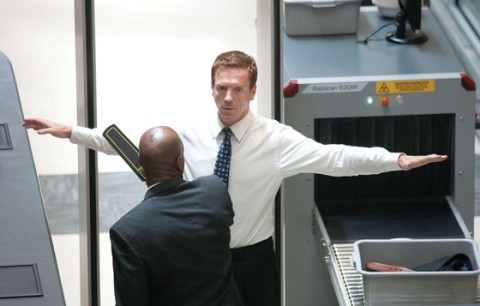Spies and traitors

I got into Homeland for local reasons. The action takes place in Washington, D.C., but the Showtime TV series is shot in my state—in Charlotte, North Carolina. Mandy Patinkin, the marvelous actor who was memorable as Inigo Montoya in The Princess Bride (“You killed my father. Prepare to die”), plays Saul Berenson, the mentor to Claire Danes’s lead spy. He’s not only been spotted around Charlotte, he’s made his home there and said nice things about it. As a southerner I find myself beholden to such niceties.
The show is a redux of a redux. It’s based on an Israeli book and TV series about captured Israeli soldiers turned into spies by Hamas. That story was based on the 1962 film The Manchurian Candidate. The Israeli show was popular and controversial: people worried that it would encourage kidnappings and attempted turnings. The show’s genius lay partly in its ability to make persuasive the scenario of turning a soldier into an enemy spy. In Homeland, the worry is that a U.S. marine has become not only a Muslim but a spy for al-Qaeda. Herein also lies a problem with the series: Do we really need another show equating Islamic practice with terrorism?
As marine sergeant Nicholas Brody, Damian Lewis is so convincing that even his Islamic prayer seems elegant. He washes his hands, sweeps the floor, puts his hands behind his ears and intones, “Allahu Akbar.” That he’s doing this in his garage without the knowledge of his wife and children is key to the plot. That he’s doing this at the terrifying conclusion of the show’s first episode is supposed to cement in the audience’s mind that this man is a mole, a traitor, a terrorist.




